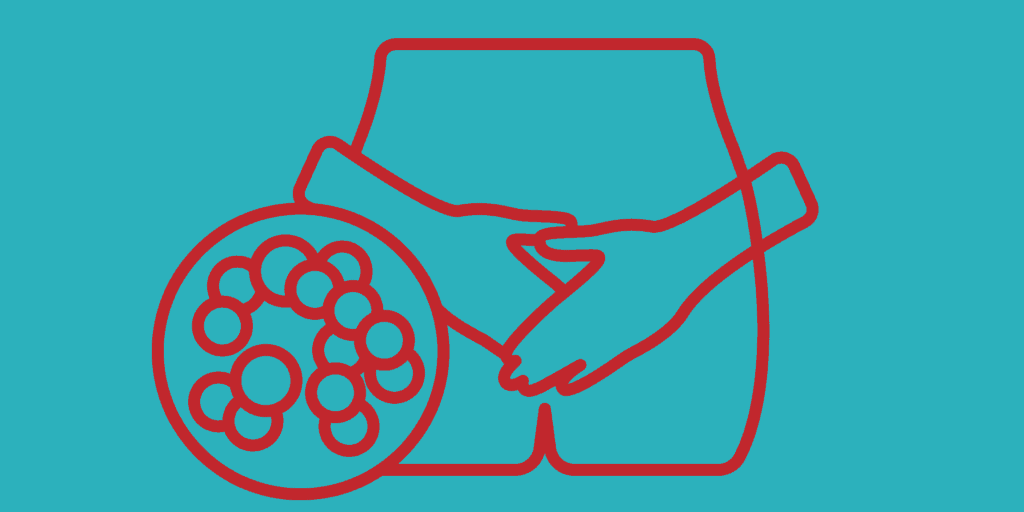Genital Warts is a common sexually transmitted infection (STI), caused by specific forms of the human papillomavirus (HPV). Although most types of the HPV virus are harmless and go away on their own, some strains can cause genital warts and other health issues. Genital Warts usually occur around the genitals or anus, but may also be found in the mouth or throat.
What Are the Symptoms of Genital Warts?
Genital warts are often small, flesh-colored or grey growths that can sometimes be flat to the skin and other times grow in bunches. Warts may cause itchy sensations, burning or discomfort; but they might just go unnoticed most of the time. In some instances, genital warts could lead to bleeding – specially during intercourse or while someone is scrubbing them off with soap and water.
How Do You Get Genital Warts?
Genital warts are contracted through skin-to-skin contact with someone infected. Genital warts can be acquired from vaginal, anal, or oral sex with an individual who has the HPV virus.
They can also be gotten by touching a wart on another person’s body – even if that wart isn’t in a visibly noticeable location. It’s important to remember that you might have genital warts without realizing it.
The HPV infection could take weeks, months, or even years before causing any visible symptoms at all – which is one of many reasons why genital warts spread so easily between people.

Complications of Genital Warts
Cervical cancer is most often caused by genital HPV infection. However; HPV infection does not always lead to cervical cancer – but it has been linked to other types of cancers such as lung, nose, or throat.
It’s important for women who have ever had sex to know their status; which can be determined through a Pap smear. If pregnant, some complications may arise due to the size of a wart located near the cervix; sometimes these genital warts will bleed when they’ve pulled apart during childbirth because of how close they are situated to the vulva area.
Preventing Genital Warts
One of the best ways to protect yourself and your sexual partner from genital warts is through the use of condoms during sexual intercourse and or dental dams for oral sex. This will significantly reduce the chance of getting genital warts and other STIs.
If you’re sexually active, it’s important to ensure you undergo testing regularly for STIs (including genital warts), It is important to identify them early to be able to treat genital warts more efficiently and avoid the spread to your sexual partner
Even if you’re not having sex, you could still get genital warts via other means. For instance, there is a chance they may spread through contact with an infected surface or another wart somewhere on someone’s body. To lessen this risk of getting genital warts through non-sexual means, make sure to practice good hygiene and stay away from shared items such as towels or razors.
Finally by getting the HPV vaccine. The HPV vaccine is advised for children between the ages of 9-26 years old. Depending on whether they’re male or female and their health condition, they may need two to three doses which are spaced out over time.
Treating Genital Warts
If you have genital warts, it’s important to see a doctor for proper treatment. Genital warts can be medically dealt with through drugs applied straight onto the wart itself, or through treatments that involve destroying the wart with heat, cold, or chemicals. Some people may need to undergo surgery to remove genital warts.
Genital warts come back after being treated and it is still possible to infect other people even if they do not appear visibly. It’s crucial to follow your doctor’s guidelines for proper care and safety when engaging in sexual activity because this will stop the spread of genital warts.
Conclusion
Genital warts are a common sexually transmitted infection caused by certain strains of HPV. They can be transmitted through sexual activity or through non-sexual means, and they can sometimes be asymptomatic. The best way to prevent genital warts is to use protection during sexual activity and to practice good hygiene. If you have genital warts, it’s important to see a doctor for treatment and to use protection during sexual activity to prevent the spread of the infection.
